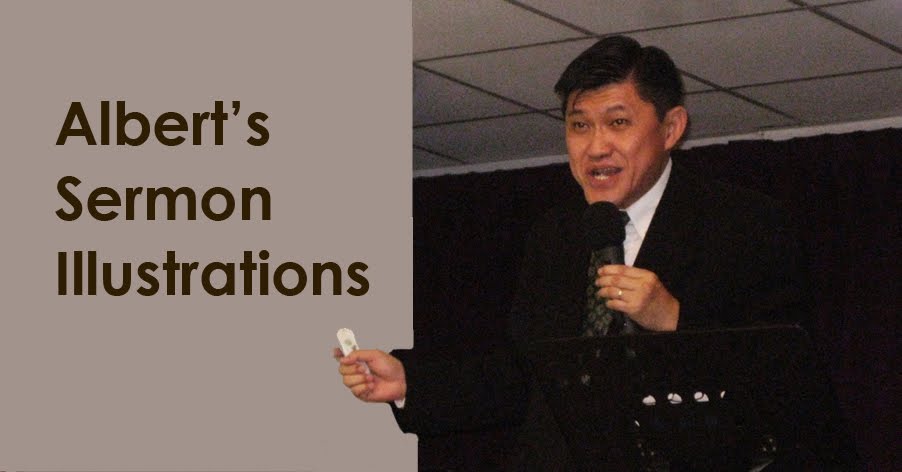In Christ Plays in Ten Thousand Places, Eugene Peterson recounts the story of the fourth century church father Gregory of Nyssa whose brother Basil had arranged for him to be made bishop of Cappadocia.
"Gregory objected," Peterson writes. "He didn't want to be stuck in such an out-of-the-way place. His brother told him he didn't want Gregory to obtain distinction from his church but to confer distinction upon it."
Is this not what Christ wants for us as well? To seek the good of the small places in which he has placed us and to confer distinction upon them by serving him with humility there? The path of glory is often an obscure one. It is the way of the cross.
—John Koessler, "George Bailey Lassos the Moon," on his blog A Stranger in the House of God (3-18-10)
--------------------
More about
Saint Gregory of Nyssa
Early Church Father and Doctor of the Church
Gregory of Nyssa was the younger brother of St. Basil the Great and St. Macrina. Born around 330 AD, Gregory married and spent several years of his life in secular employment before he entered the monastery founded by his elder brother. He was consecrated Bishop of Nyssa in 371 and fought tirelessly for the Trinitarian faith of Nicaea that was reaffirmed by the great Creed of the Council of Constantinople, which he attended. In the last few years of his life, he traveled a great deal since he was in great demand as a preacher, teacher, and spiritual writer.
St. Gregory of Nyssa was a theologian of great depth and originality. He wrote famous treatises against trinitiarian herietics Eunomius and Apollinarius and instructed new Christians about the the Trinity, Incarnation, Redemption and Sacraments in his Catechetical Orations. But his theological reflections far surpassed controversy and cathechesis--indeed, St. Gregory provides us with the first systematic presentation of Christian doctrine since Origen over 150 years earlier.
Gregory wrote many reflections and commentaries on Scripture, most notably his Life of Moses and homilies on the Lord's Prayer, the Song of Songs, and the Beatitudes. His most important contribution was in the area of spirituality. While his brother gave eastern monasticism its structure and organization, Gregory provided its heart and mystical vision. For this reason he came to be know as "Father of Mysticism."
St. Gregory of Nyssa died around the year 395 AD and is revered as one of the greatest of the Eastern Church Fathers. He, his brother Basil and their friend St. Gregory of Nazianzen, are known as the Cappadocian Fathers, from the region in modern Turkey from which they came. His feast day is March 9th.


No comments:
Post a Comment